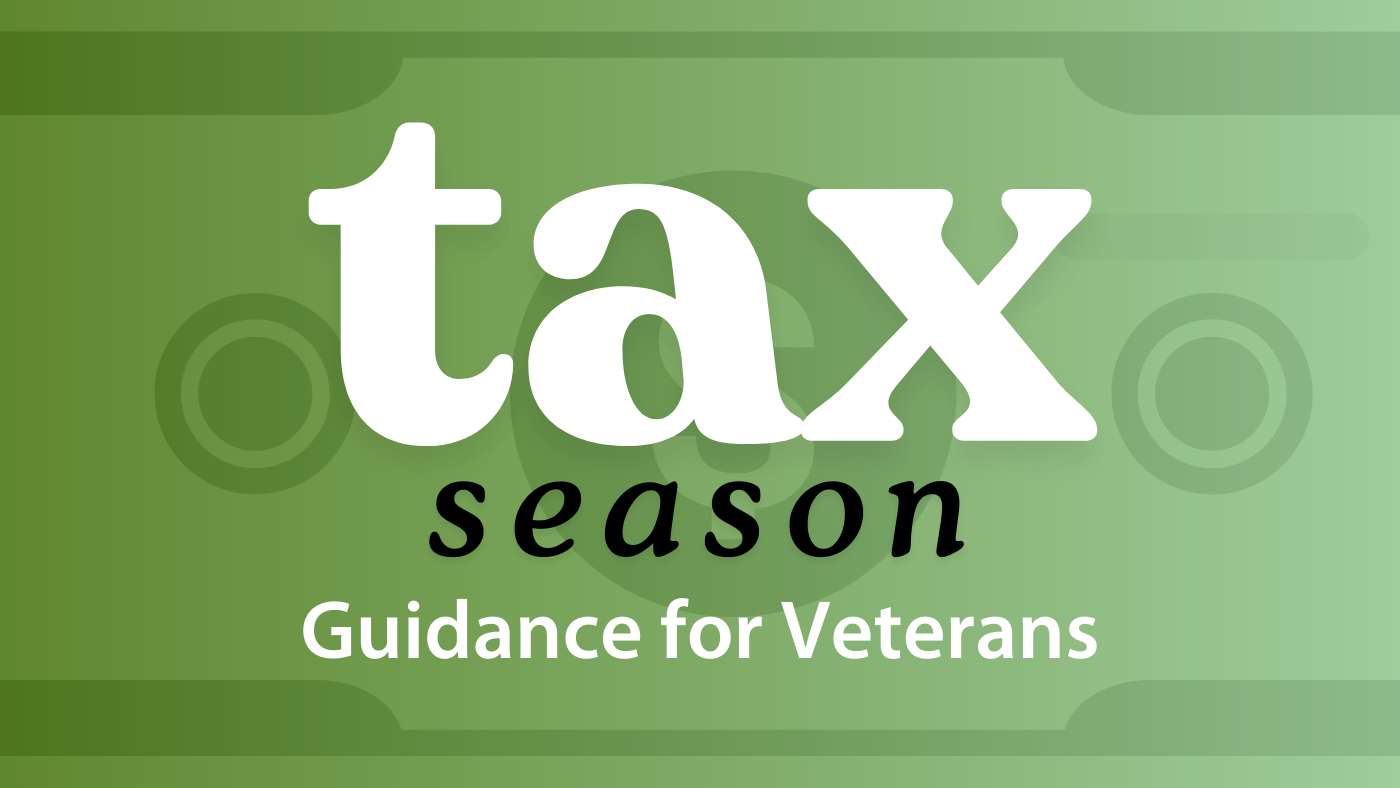On World Homeless Day, it is important to acknowledge the critical housing challenges Veterans face coupled with the growing issue of rental listing scams. Veterans experiencing homelessness are an especially at-risk subset of the Veteran population for this scam. Homelessness can affect Veterans due to housing shortages, rising living costs, mental health effects from service (e.g., post-traumatic stress, substance abuse, etc.), and a lack of support networks. Unfortunately, scammers often exploit these factors to target homeless Veterans for financial gain and/or to gain access to Personally Identifiable Information (PII).
People often utilize online platforms—such as social media groups—to find places for suitable housing. However, scammers target those searching for housing by posing as landlords and sharing fake listings. These listings can be convincing and use legitimate addresses and photos of the property to deceive potential renters. Bad actors pressure applicants to quickly sign a lease and submit payments, such as non-refundable application fees, the first month’s rent, and/or a deposit before seeing the property. Once paid, the fraudster will cease all communications, scamming the individual out of their money and potential housing.
VA is committed to ensuring Veterans have a safe place to live and know how to recognize rental scams to protect themselves against fraud. To better inform Veterans when searching for housing, VA provides the following guidance.
Warning signs of rental scams
- Pressure to sign: Scammers may try to pressure individuals to quickly sign leases or pay rental fees without touring the property.
- Refusal to tour or meet in person: Scammers may deny property tour requests and provide excuses not to meet in real life.
- Low rental prices: Listings may advertise rental prices well below the market rates to entice victims. The advertised rates may seem too good to be true.
- Unconventional payment methods: Scammers may only allow payment through gift cards, wire transfers, or cryptocurrency. These payment methods should be a red flag as they are uncommon for housing transactions.
Prevention strategies to remember
- Check for duplicate advertisements. Search the address listed online to see if other advertisements are affiliated with the same addresses or photos from different landlords or rental companies.
- Research the rental company or landlord. Check the rental company’s website to confirm the property is listed. If the listing is by an individual, search for their name on the internet to confirm legitimacy. Add words such as “scam” to searches to see if there are any reports of similar scams.
- Do not sign or pay before viewing. Never sign a lease or submit a payment for a property you haven’t seen in person.
- Compare rental prices. Research similar properties to determine if the rental cost seems valid.
- Do not share PII or financial information. Never share sensitive information with the rental company, landlord or anyone claiming affiliation without verification.
Veterans need to know they are not alone. VA provides comprehensive support for Veterans, including those who face the harsh realities of homelessness. VA offers a wide range of resources to help homeless Veterans regain stability and access the services they need. If you are the victim of a rental scam, call the police and give them all the details: texts, emails, lease agreement information, listing information, etc.
If you are a Veteran who is homeless or at imminent risk of becoming homeless, call the National Call Center for Homeless Veterans at (877) 4AID-VET (877-424-3838) for assistance. You can also call or visit your local VA Medical Center or Community Resource and Referral Center, where VA staff are ready to help. Explore www.va.gov/homeless to learn about VA programs for Veterans who are homeless and share that information with others.
If a Veteran is missing a VA benefits payment, identifies a discrepancy in payments or finds suspicious activity within their direct deposit account, contact VA immediately at 1-800-827-1000. If an entity is projecting misinformation or has questionable business practices, file a complaint with the Federal Trade Commission (FTC) at reportfraud.ftc.gov. To learn more about identifying fraud and protecting VA benefits, visit Protecting Veterans From Fraud | Veterans Affairs (va.gov).
Topics in this story
Link Disclaimer
This page includes links to other websites outside our control and jurisdiction. VA is not responsible for the privacy practices or the content of non-VA Web sites. We encourage you to review the privacy policy or terms and conditions of those sites to fully understand what information is collected and how it is used.
Statement of Endorsement
Reference herein to any specific commercial products, process, or service by trade name, trademark, manufacturer, or otherwise, does not necessarily constitute or imply its endorsement, recommendation, or favoring by the United States Government, and shall not be used for advertising or product endorsement purposes.
More Stories
Whether a Veteran files their taxes independently or uses a tax professional, VA encourages Veterans and their loved ones to review the following tips and resources to both help them navigate the tax season with confidence and to avoid tax season scams.
During Data Privacy Week (Jan. 27 - 31), VA is sharing guidance on how Veterans and their beneficiaries can protect their data, especially Personally Identifiable Information (PII).
How much do you know about VA care, benefits and services? Don’t miss out on what you've earned—check out the "2025 VA Federal Benefits Guide for Veterans, Dependents, Survivors, and Caregivers" handbook to learn more.






Everything in moderation, even moderation
Where are the comments left
World Homeless “idiotic program process” Every Day
All homeless veterans need to be ware of a process leading up to rental scams . VA allocated $ 3.2 billion in FY 2024 to get all homeless veterans in ” housing first”
Great job to Virginia and other states that have ended veterans housing issues.
Dallas, TX housed over 700 vets there. Awesome job!
However in Colorado springs , the local news is : //Homeless ( Veterans stand down )
planned for Tuesday to reach hundreds // and the first sentence is
” Across the community about 300 veterans are homeless and the event is hoping to reach more than 200. ”
Being one of the” about 300 veterans ” here for the last 6 years unhoused, attempting to get help from the VA ( Veterans abandoned) and other partners.
There is more people in positions now that are employed to help veterans instead of being a hindrance. Lazy inefficient farts expecting retirement : At the local VA here, I wasn’t seeking help with a service related injury and was told ” We don’t know what to do” . This should be the VA motto here with hundreds of veterans that still need housing.
This problem could be fixed cheaper than billions… But the solution would reduce the budget and grants of the ” about 300 ” people employed occupationally naive , that continue this tradition.
Whatever Nevermind
Thank you,
Luke Meadows
US Coast Guard Veteran
Be Aware That Even So-called “Legitimate” Landlords And Property Management Companies May Also Be The Worse Of Scammers. Get Housing Assistance Through Veteran Affairs Housing Assistance Programs.
Do not sign or pay before viewing. Never sign a lease or submit a payment for a property you haven’t seen in person.
Compare rental prices. Research similar properties to determine if the rental cost seems valid.
Do not share PII or financial information. Never share sensitive information with the rental company, landlord or anyone claiming affiliation without verification.
If an entity is projecting misinformation or has questionable business practices, file a complaint with the Federal Trade Commission (FTC) at reportfraud.ftc.gov.